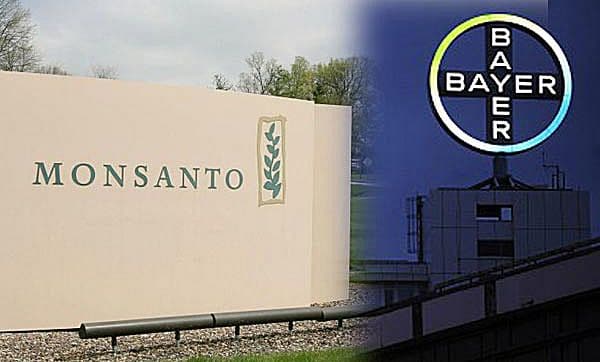Bayer - Monsanto merger: Europe launches in-depth investigation
The European Commission halts the merger between Bayer and Monsanto. It was September 2016 when, after several months of courtship, Monsanto, the American agricultural biotechnology giant, gave in to the offer of the German chemical and pharmaceutical giant, which had put on the plate, in cash, the record figure of 66 billion dollars ( it is the largest foreign acquisition ever made by a German company).
A courtship that lasted for months
Bayer's hunt a Monsanto, in fact it had begun in May 2016, but the American company had always rejected the offers proposed by the pharmaceutical giant.
The first offer made by Bayer was 122 dollars per share, in July it rose to 125 dollars, a figure "insufficient to guarantee certainty of the deal", according to Monsanto's words. After the German company gained access to the US company's financial accounts, the offer came in at $127.50 a share and then $128.
Monsanto: who and what bought Bayer?
Monsanto also owns Roundup, a popular herbicide based on glyphosate, a substance under investigation for potentially harmful effects on health.
It's still. The American giant of agricultural biotechnology was one of the producers of the so-called Orange Agent, a mixture of herbicides that proved to be lethal (it was extensively used in the Vietnam War).
Bayer – Monsanto merger: what are the consequences?
The combination of the two companies would create a leading global pesticide company and the world's largest supplier of crop seeds and genes.
Not only. A possible agreement between the two giants of the agrochemical industry, in fact, would "weaken democratic decision-making processes to the advantage of multinationals", as reported by the German weekly Der Spiegel. We recall that the treaty would eliminate some regulatory differences that exist between the European Union and the United States, modifying the quality and safety standards that have inspired Europe up to now.
The stop of the Antitrust
The Antistrut, in fact, is aware that the merger brings together two competitors who are already leading the industry. Thus the merger could “reduce competition in a number of different markets which would lead to higher prices, lower quality, less choice and less innovation”.Justified fears, especially if one considers that the financial marriage between the two giants would take place after the mergers between Dow and Dupont and ChemChina and Syngenta, which have made the sector rich in global concentrations.
Not only. Brussels intends to investigate whether the access of farmers and distributors to the competitors of the agrochemical giant will become more difficult after the merger, if they were to tie the sales of seeds to pesticides.
The decision by January 2018
To give a certain opinion, the Commission launched an in-depth investigation into the operation and took time until 8 January 2018.
Currently, the commitments presented in Brussels by Bayer and Monsanto on July 31st have been deemed insufficient.
“Bayer believes that the proposed combination will be highly beneficial to farmers and consumers, and will continue to work constructively and closely with the European Commission in its investigation”, with the aim of “gaining Commission approval for the transaction by the end of this year,” Bayer said in a statement. "The firm expected further review of the proposed acquisition of Monsanto due to the size and scope of the transaction."
